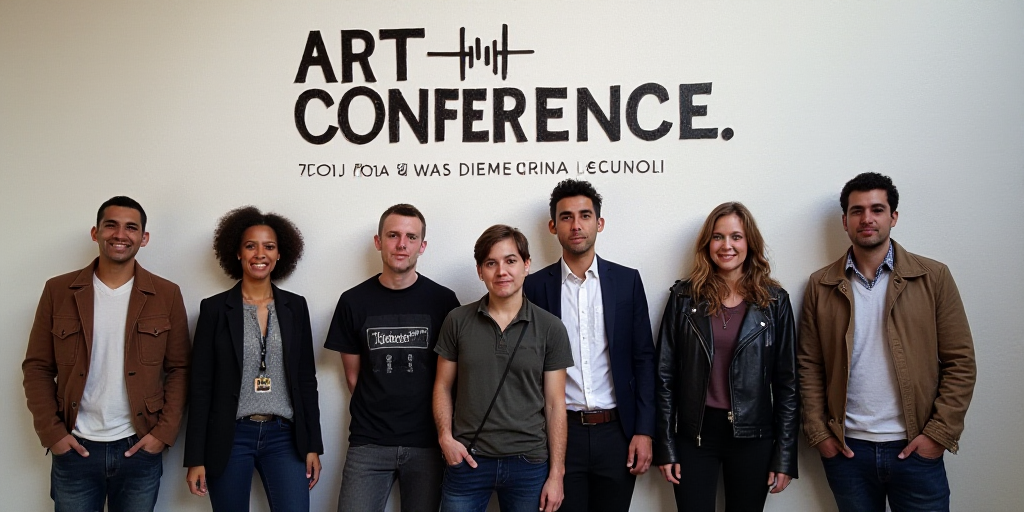Conference Highlights: New Directions LATAM 2025
Experts from across Latin America gathered in Mexico City for the New Directions LATAM 2025 conference, organized by the British Council. The event focused on addressing challenges in teaching English as a second language in countries where it is not the primary language.
Darren Coyle’s Perspective
In an interview with El Economista, Darren Coyle, the British Council’s Regional Director for Mexico and the Caribbean, emphasized the importance of continuous improvement in teaching and evaluating English. He highlighted that New Directions serves as a platform for international experts to share evidence and solutions.
Global Relevance of English
According to the British Council’s study, “The Future of English: Global Perspectives,” English is an official language in 67 countries and widely spoken in at least 27 more. Moreover, approximately 90% of scientific articles and around 60% of online content are published in English. Mastery of the language is crucial for accessing education, enhancing employability, and attracting investment.
Key Challenges
Coyle outlined significant challenges, especially considering English’s global importance. He mentioned the need for dialogue among various stakeholders, including policymakers, university leaders, and education officials. The conference also addressed the diverse functions of English in various contexts, such as workplaces, knowledge dissemination, entertainment, networking, finance, and cognitive development.
Leveraging Technology
Coyle stressed the importance of technology, particularly Artificial Intelligence (AI), in enhancing teaching and learning. AI offers personalized instruction for both students and educators, reducing administrative burdens and providing immediate feedback.
AI’s Role in Oral Skills Development
One promising benefit of AI is its potential to improve oral skills, which are often challenging due to anxiety and lack of real-life practice. The British Council has developed an adaptive platform integrated into its online courses, enabling students to practice in realistic scenarios and receive immediate, formative feedback.
AI as a Support, Not a Replacement
Coyle cautioned against the risk of deepening existing educational inequalities if only certain individuals have access to AI technology. He emphasized the need for ethical guidelines on using technology in education.
Diverse Learning Contexts
The conference also highlighted the importance of considering diverse learning contexts. For instance, in Mexico and among indigenous populations where Spanish is not understood but English is a second language. Cuba, despite its socioeconomic challenges, has made significant strides in aligning English assessment policies, such as the Common Language Framework.
Partnerships for Bridging Gaps
Recent initiatives in Mexico, like those with ANUIES and the Chamber of Commerce, aim to reduce gaps between upper secondary education and the workforce. The British Council supports these efforts, emphasizing the importance of basic education and initiatives like the National Videoconference Session Day involving over 15,000 teachers.
Key Takeaways
- Collaboration: The conference underscored the need for deeper collaboration between sectors, including education, technology, tourism, logistics, and others.
- Evidence-Based Policies: There is a need for public policies grounded in evidence and practices targeting low-resource populations.
- Technology-Enhanced Teaching: English instruction should be guided by teachers while leveraging technology.






